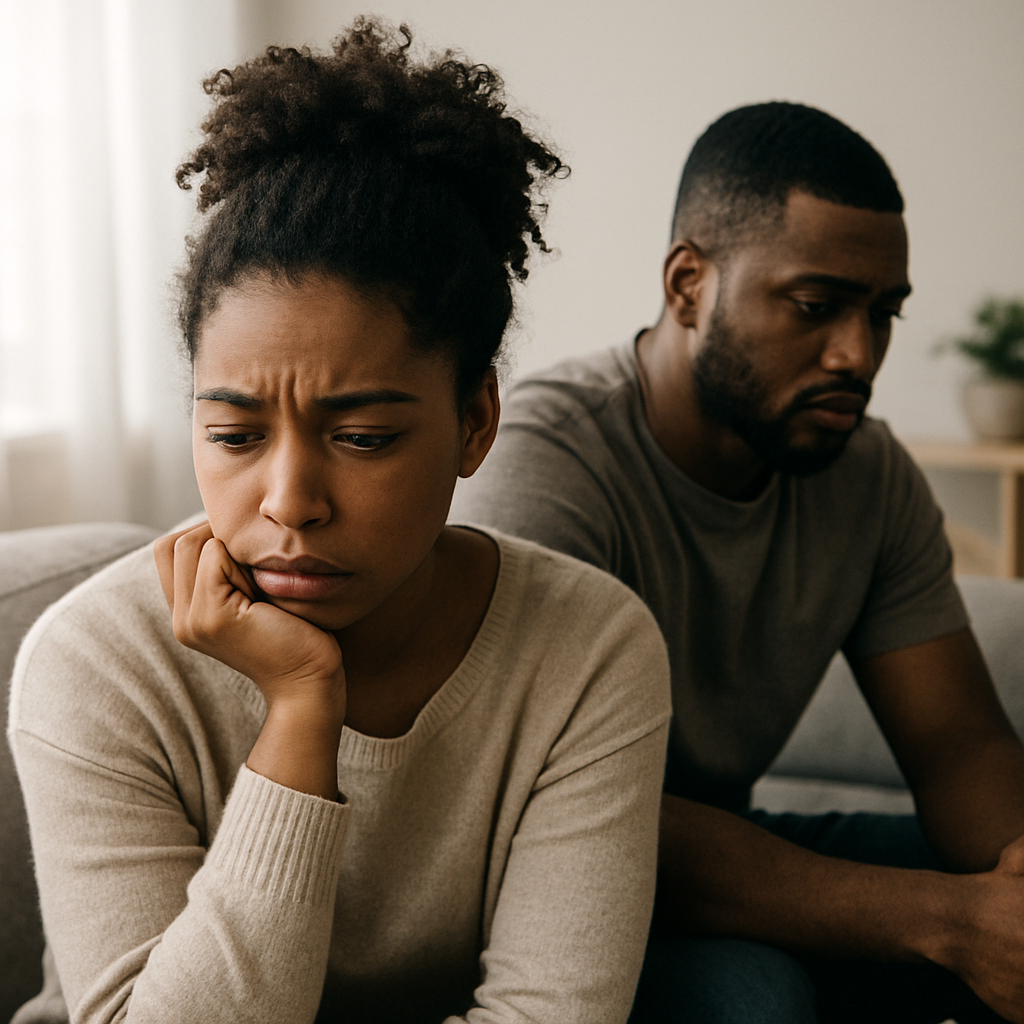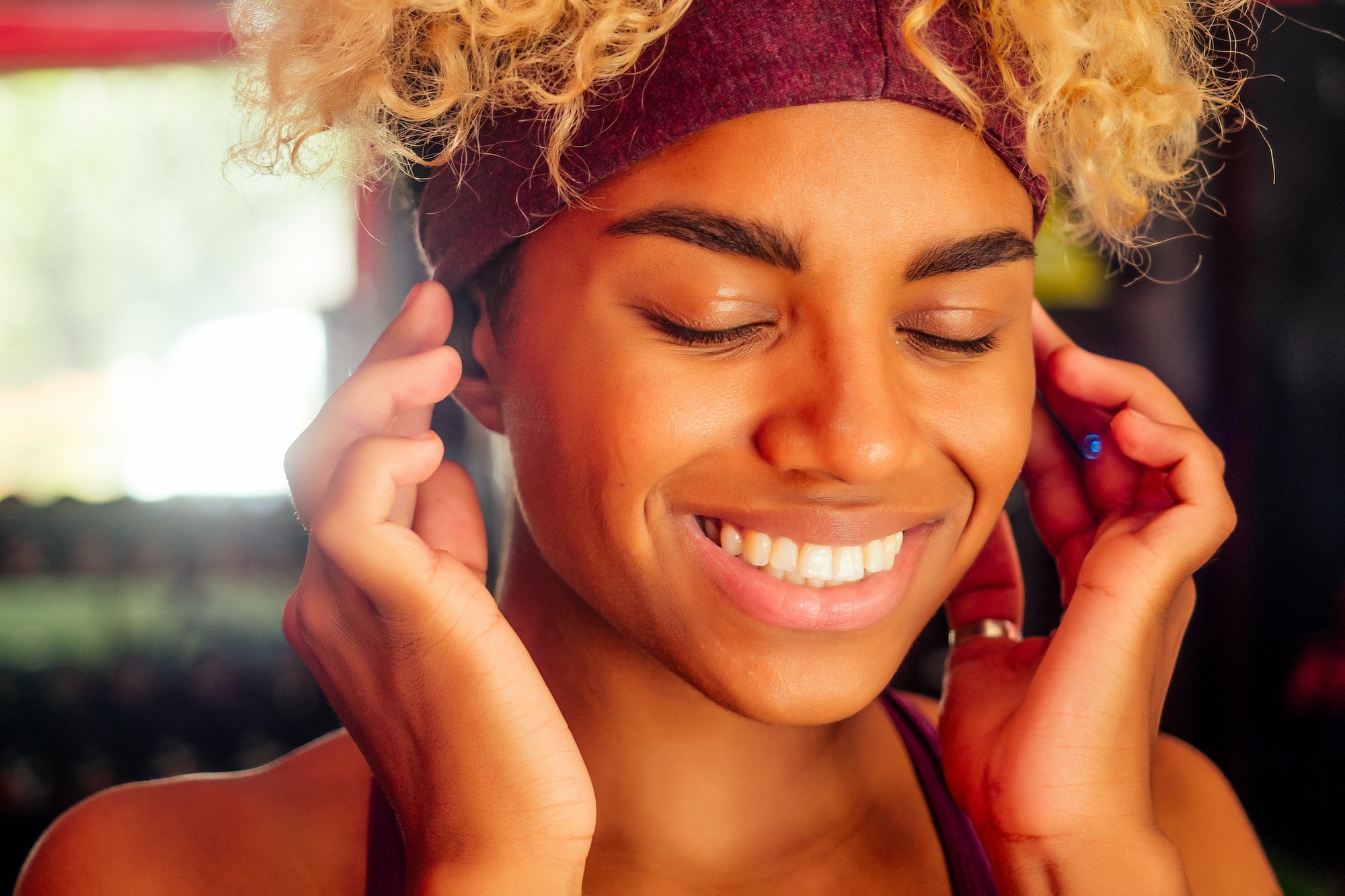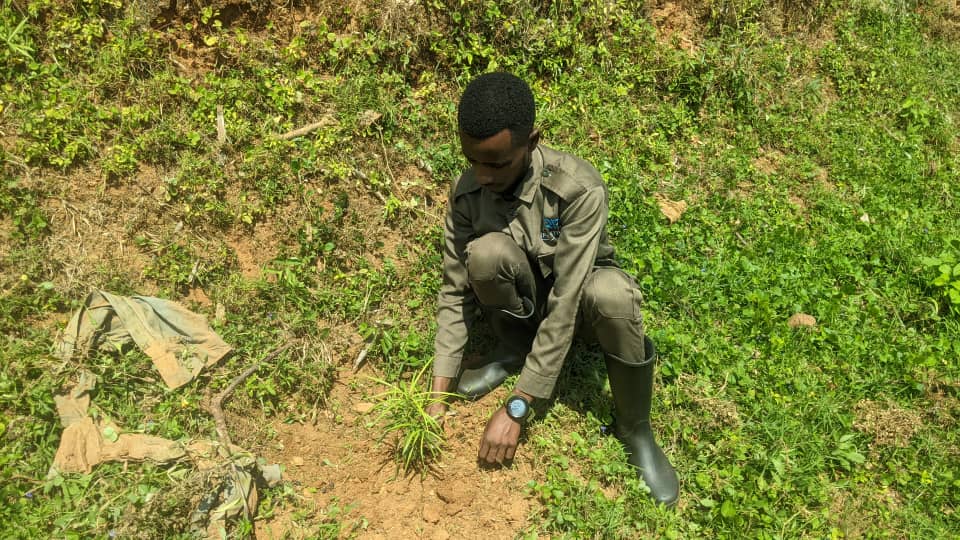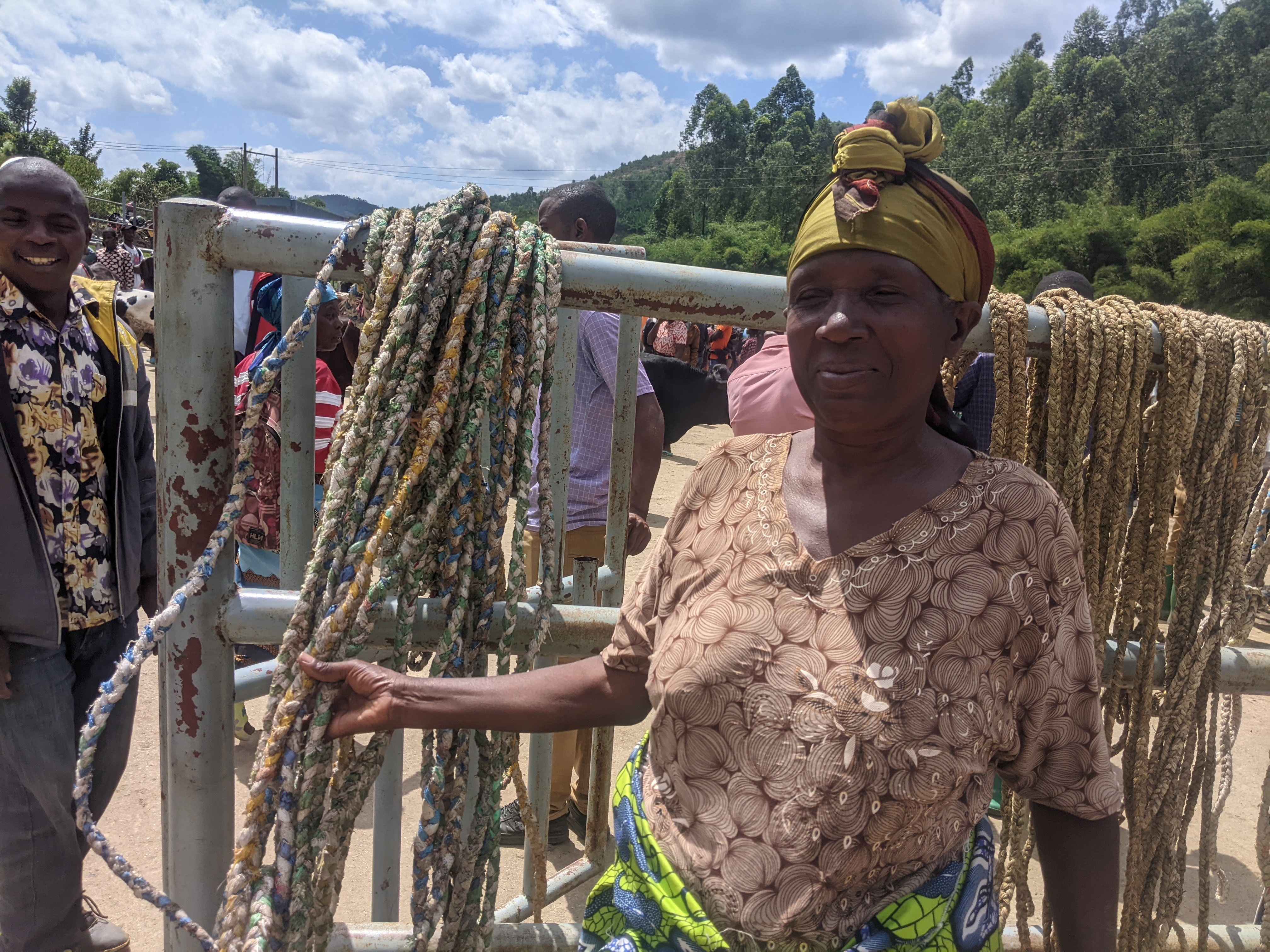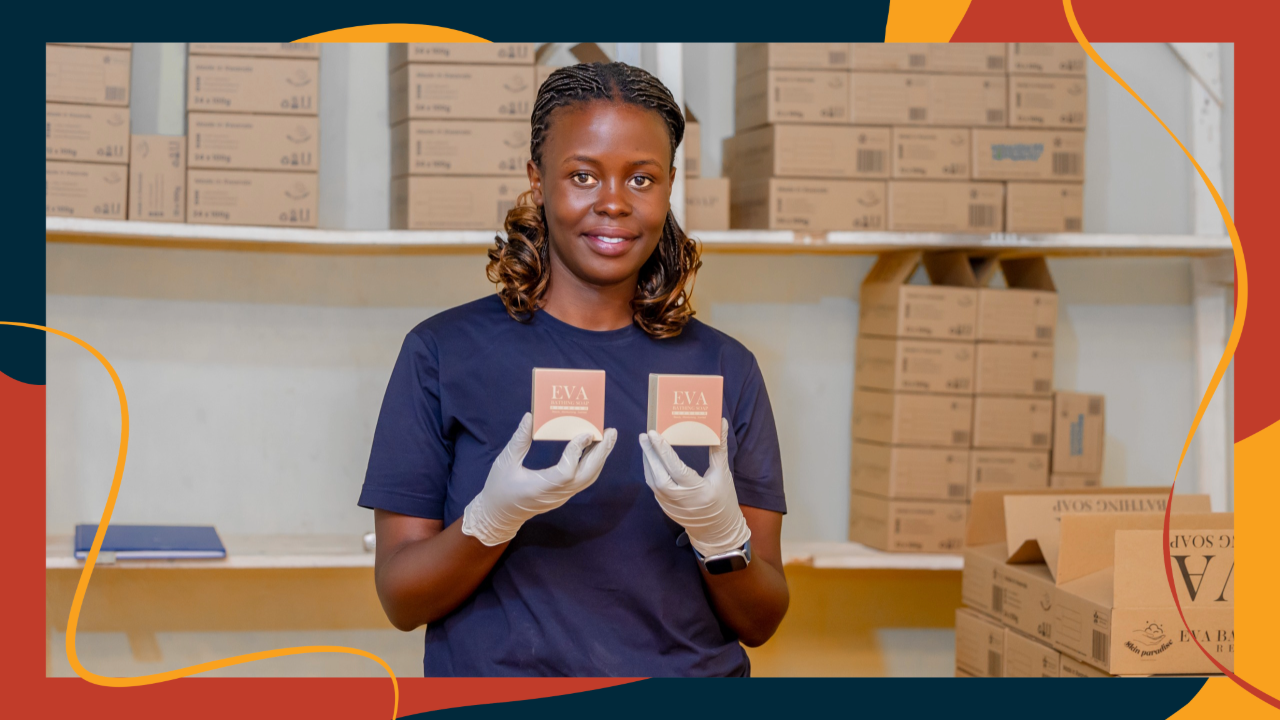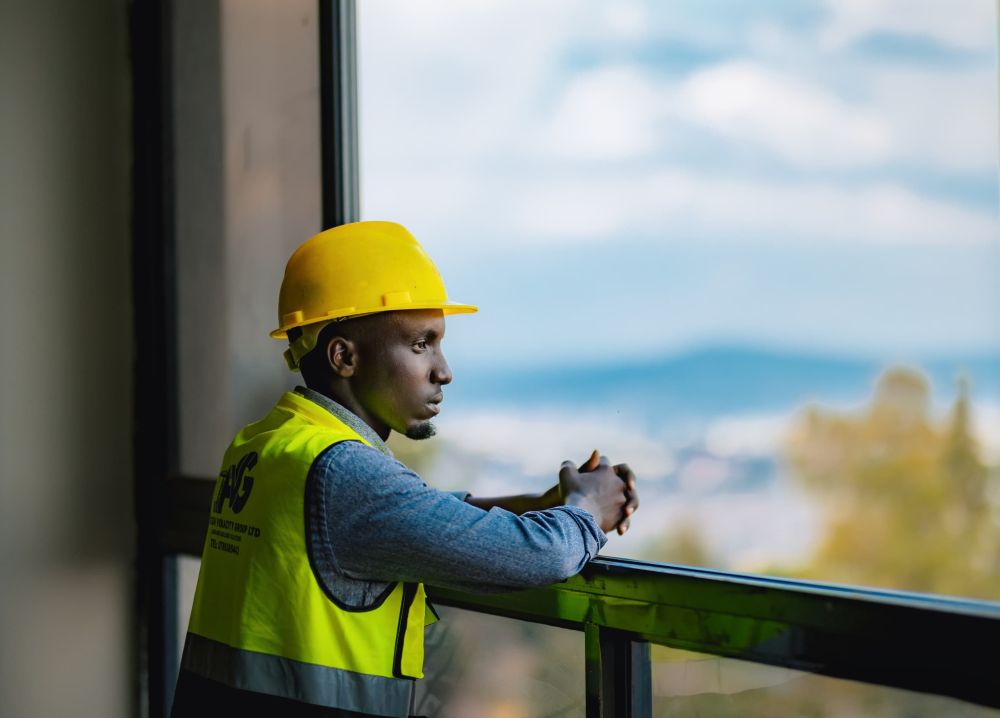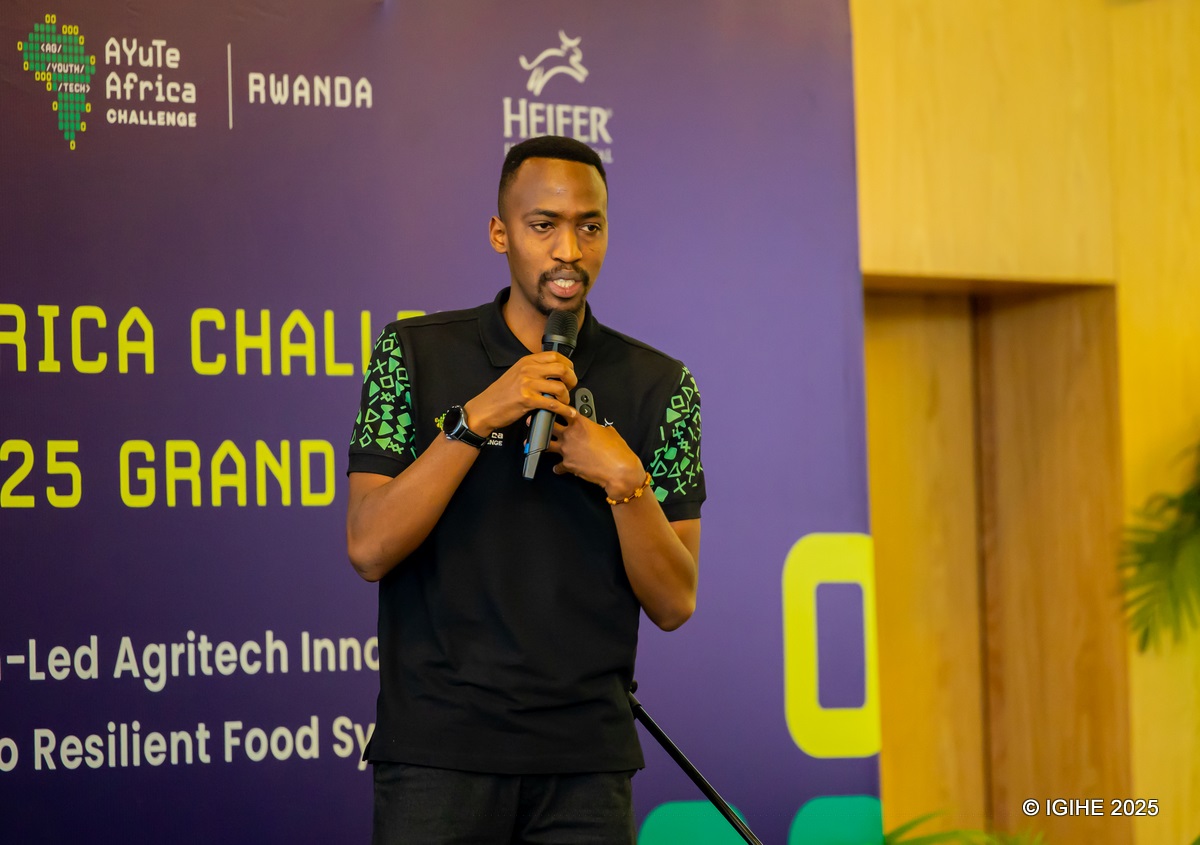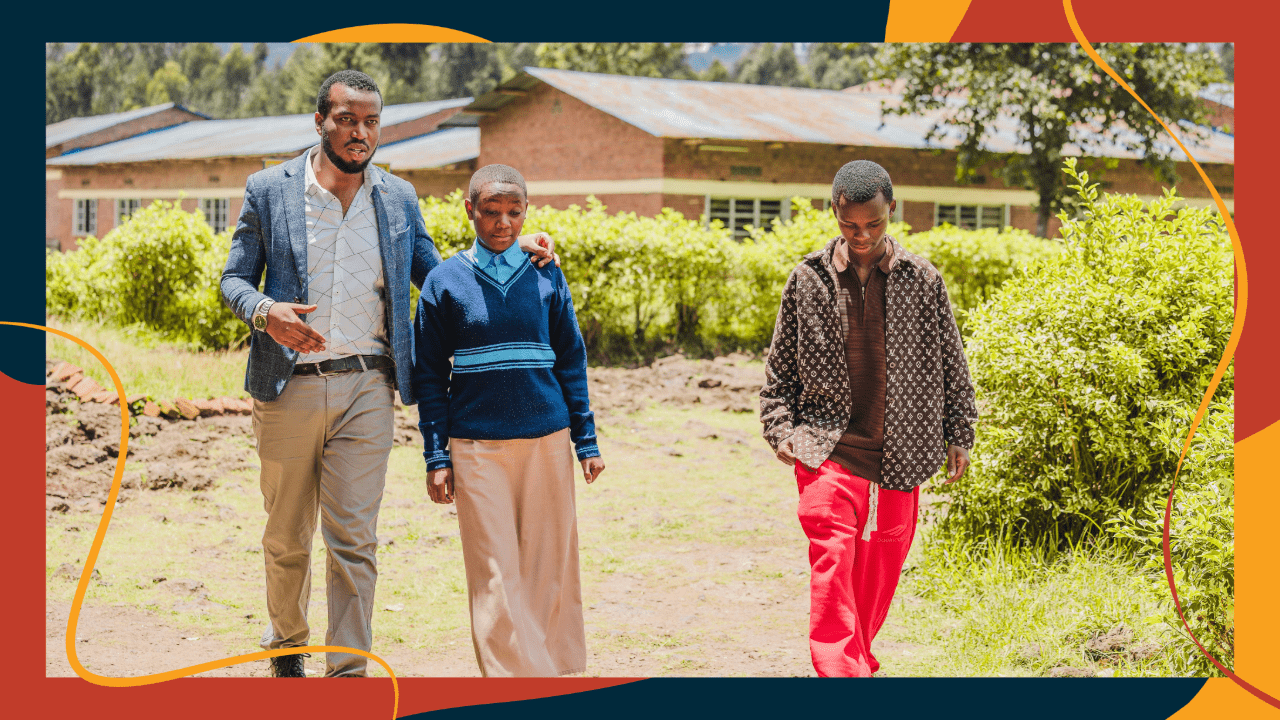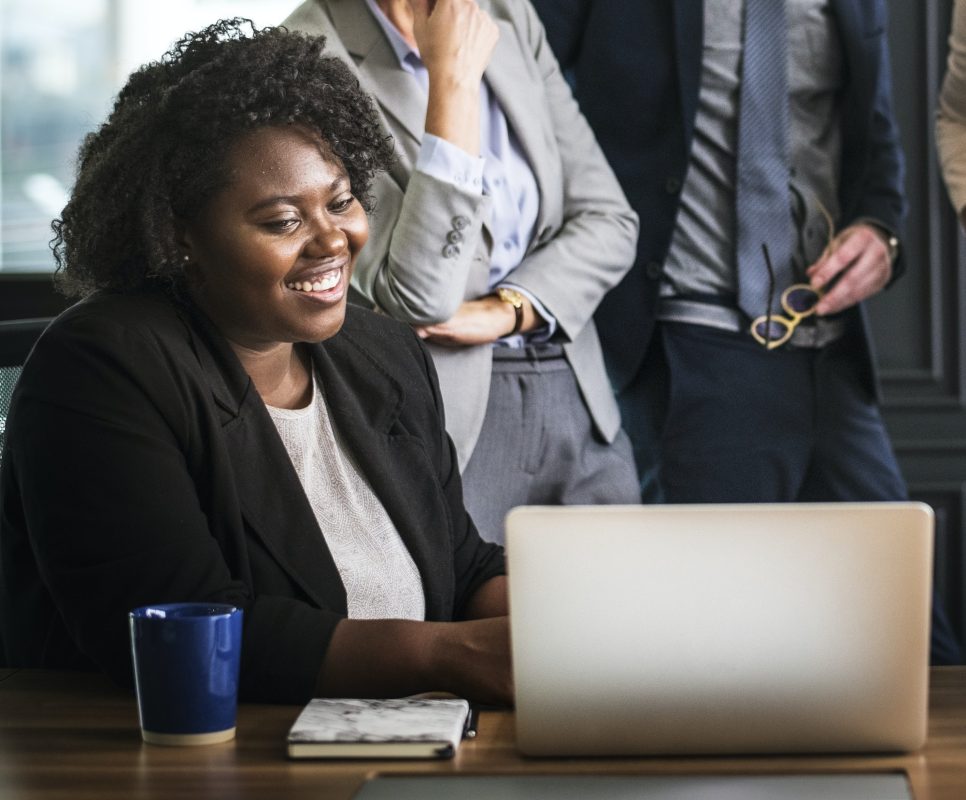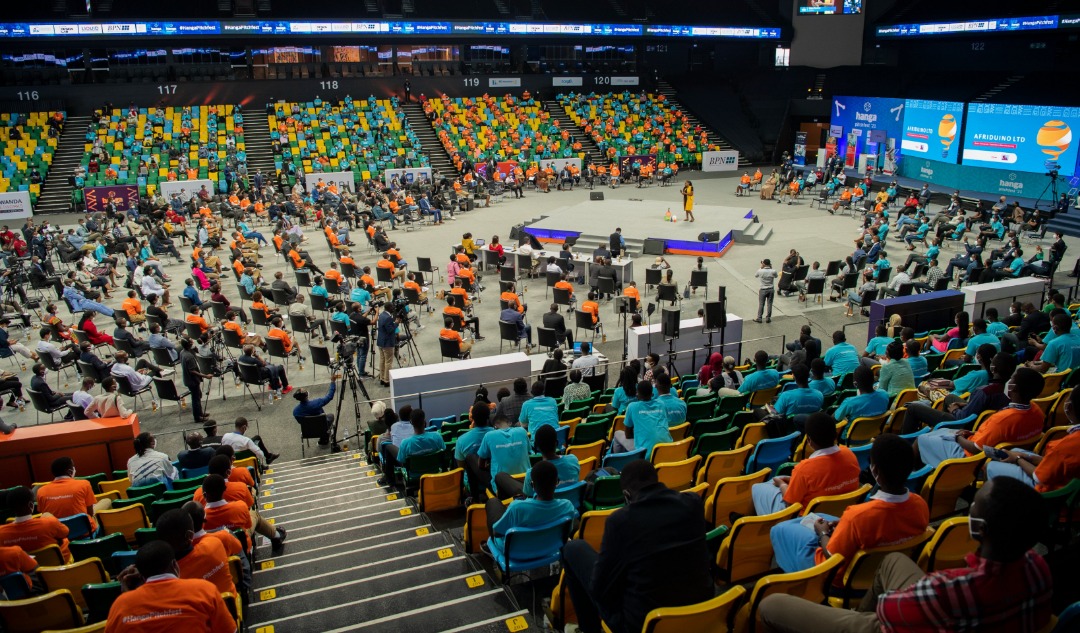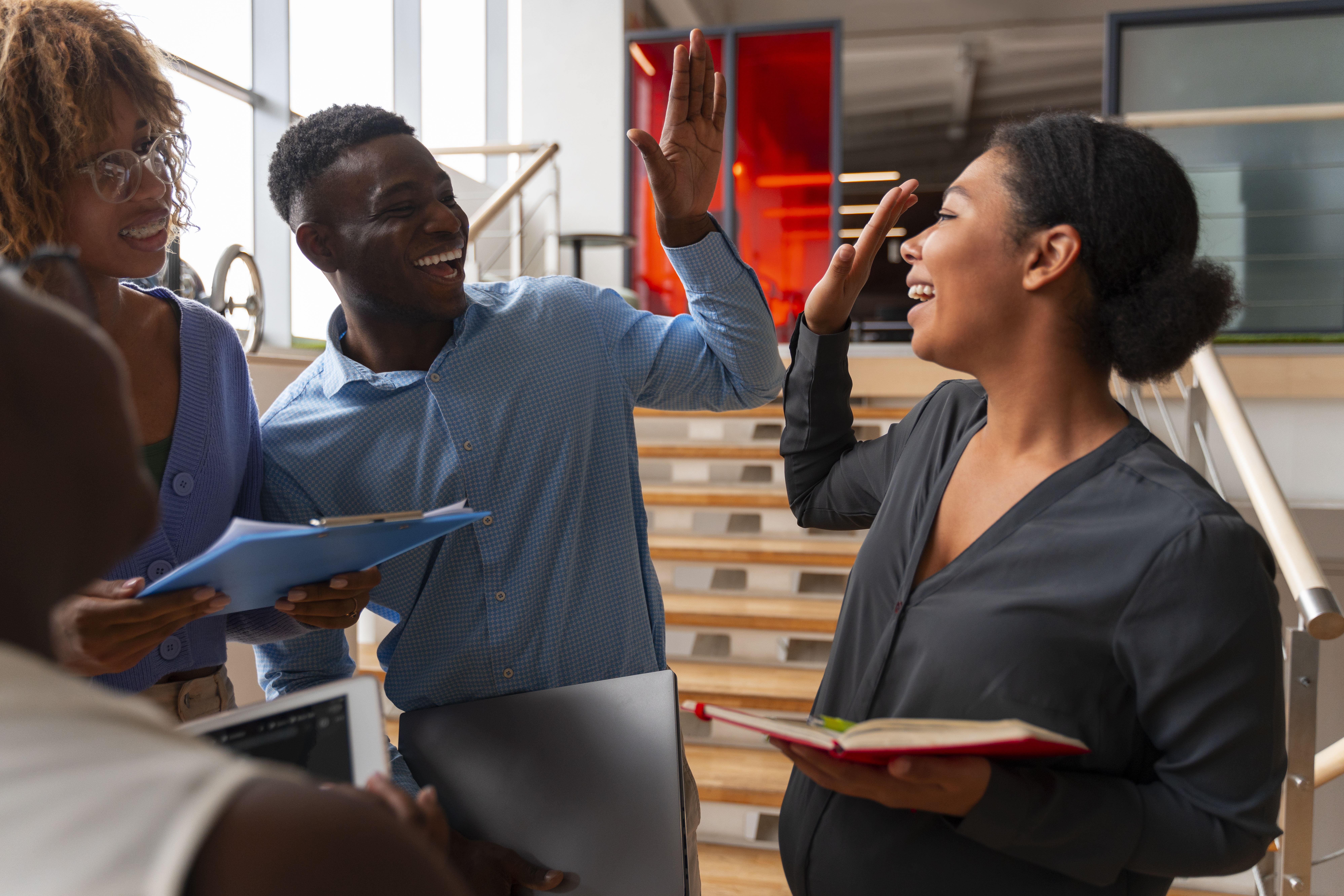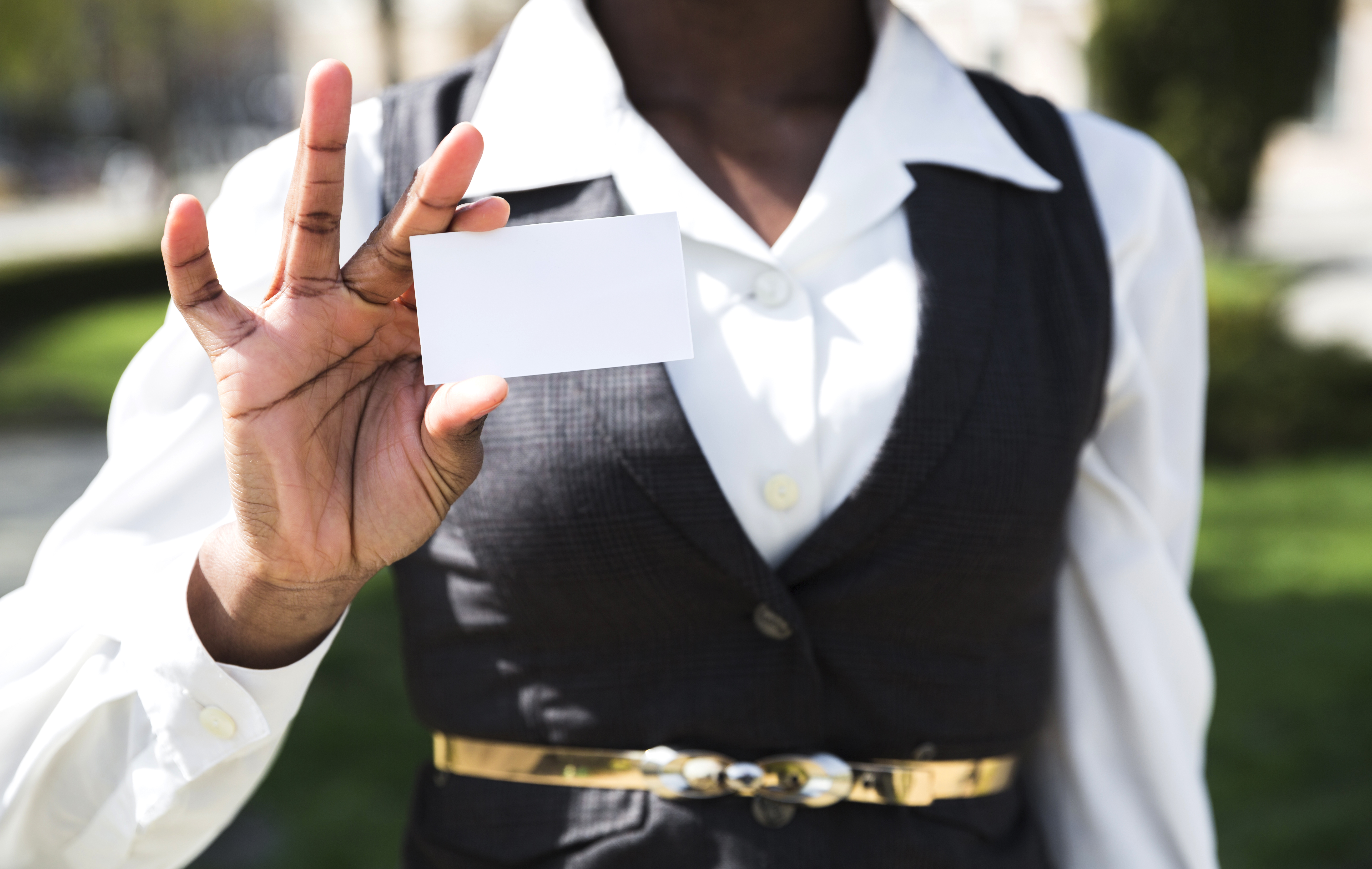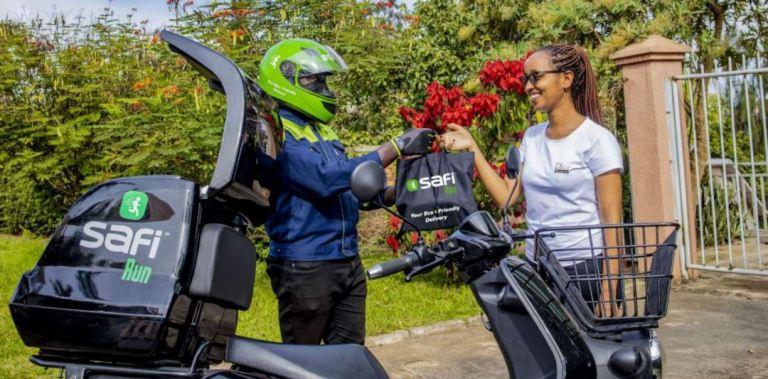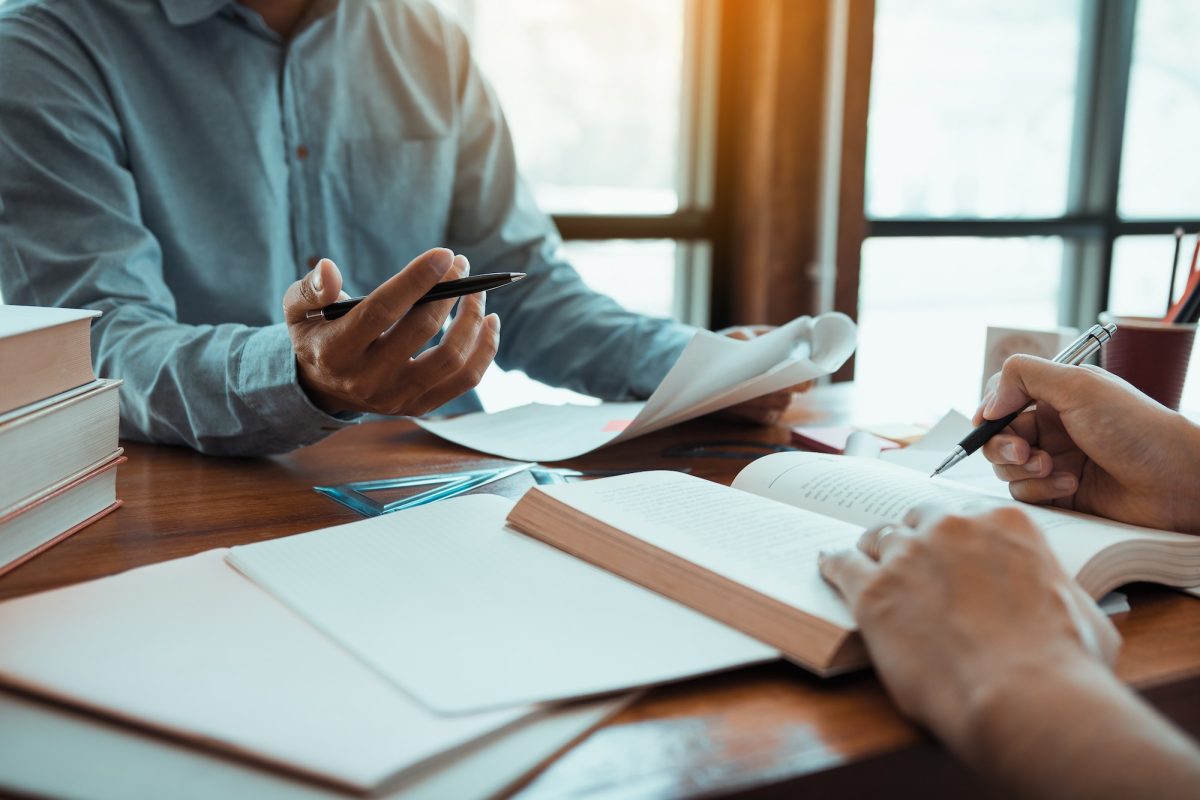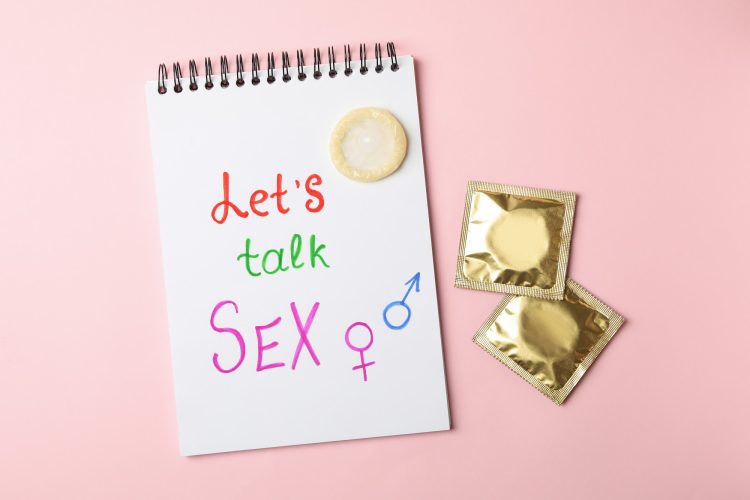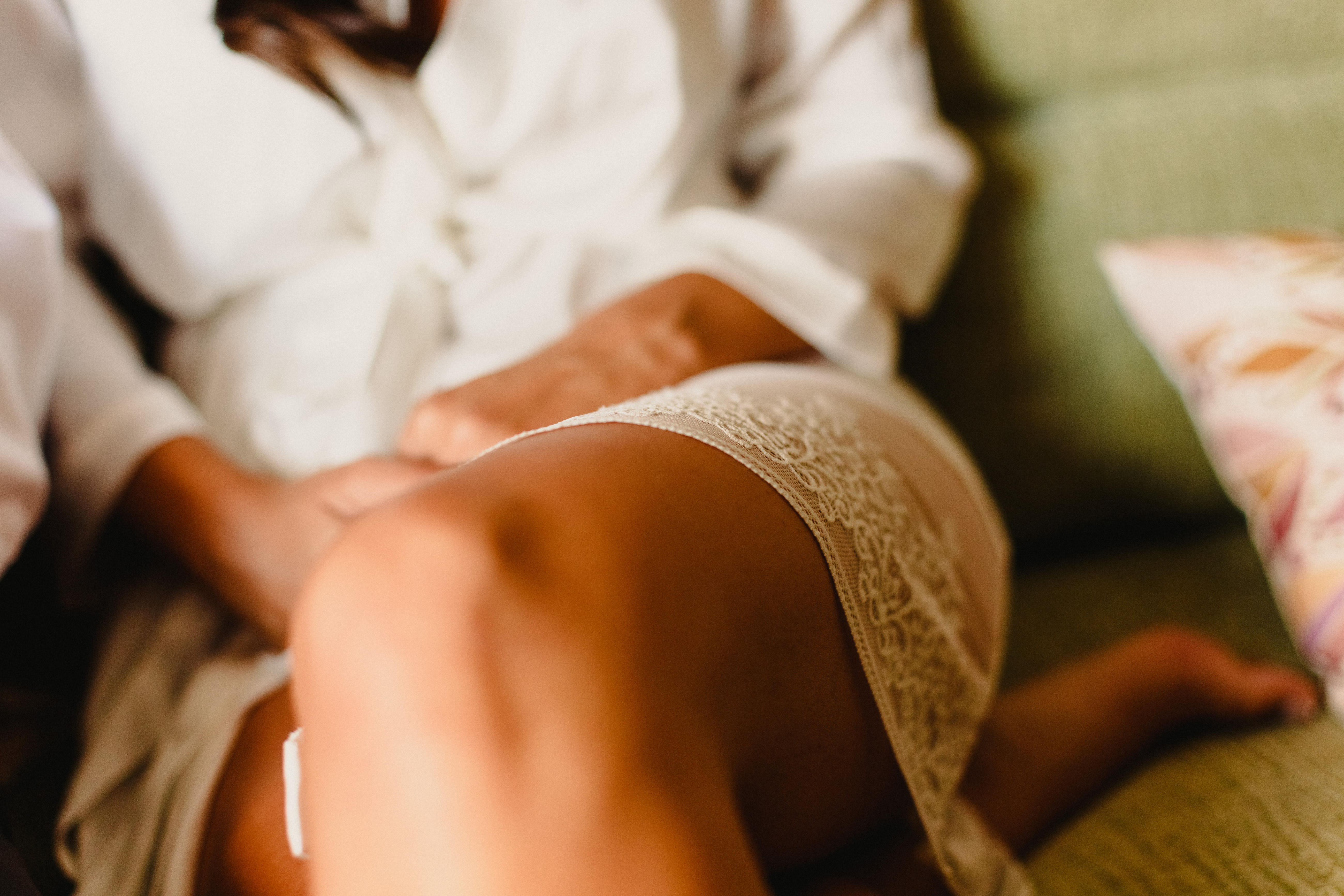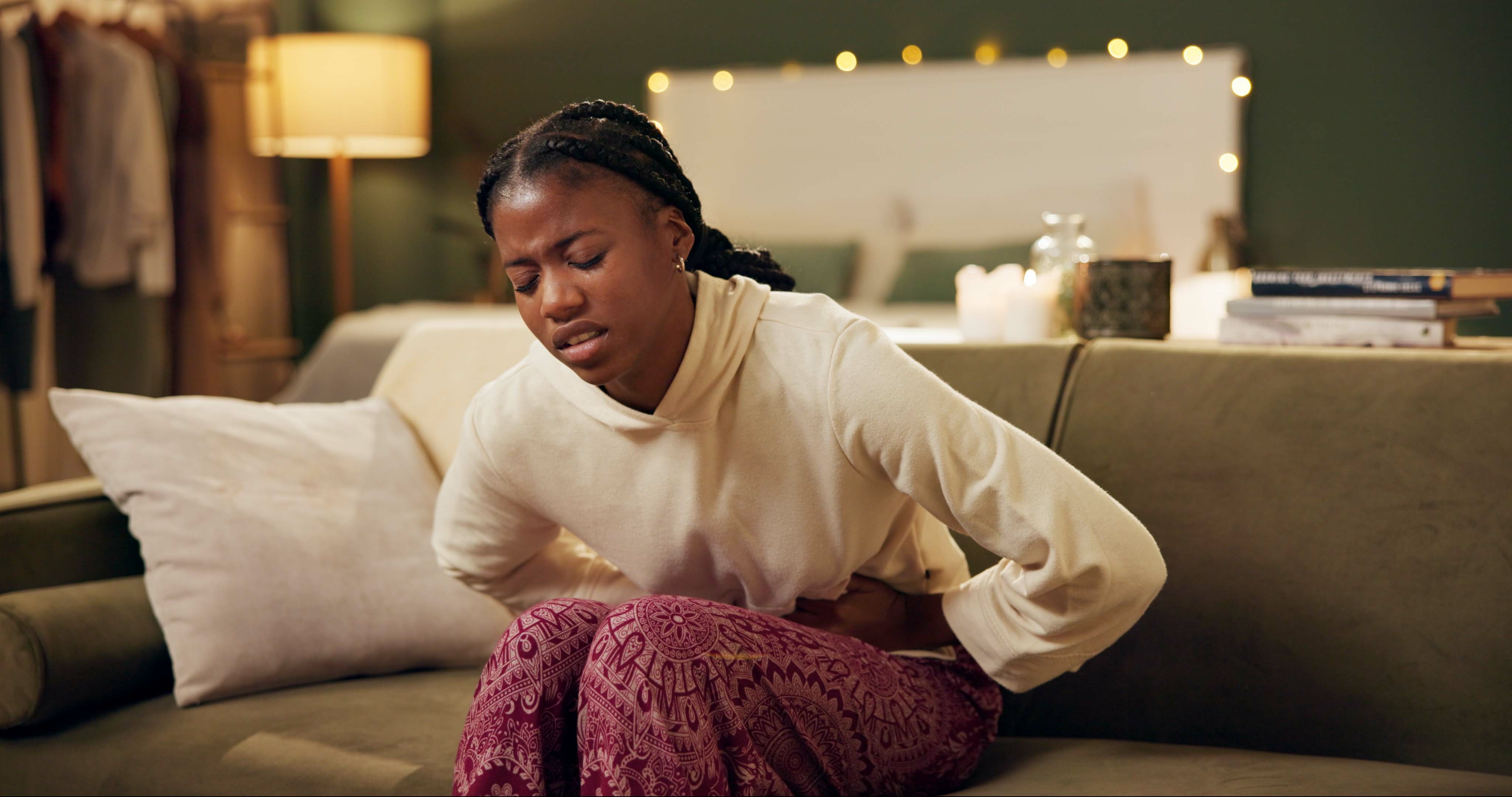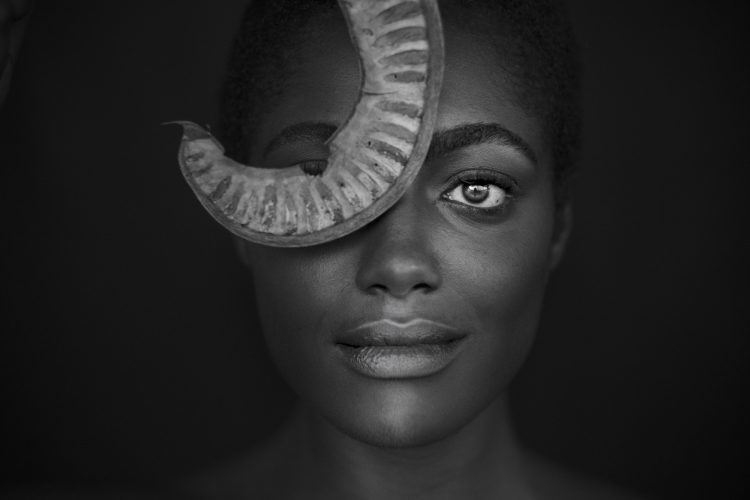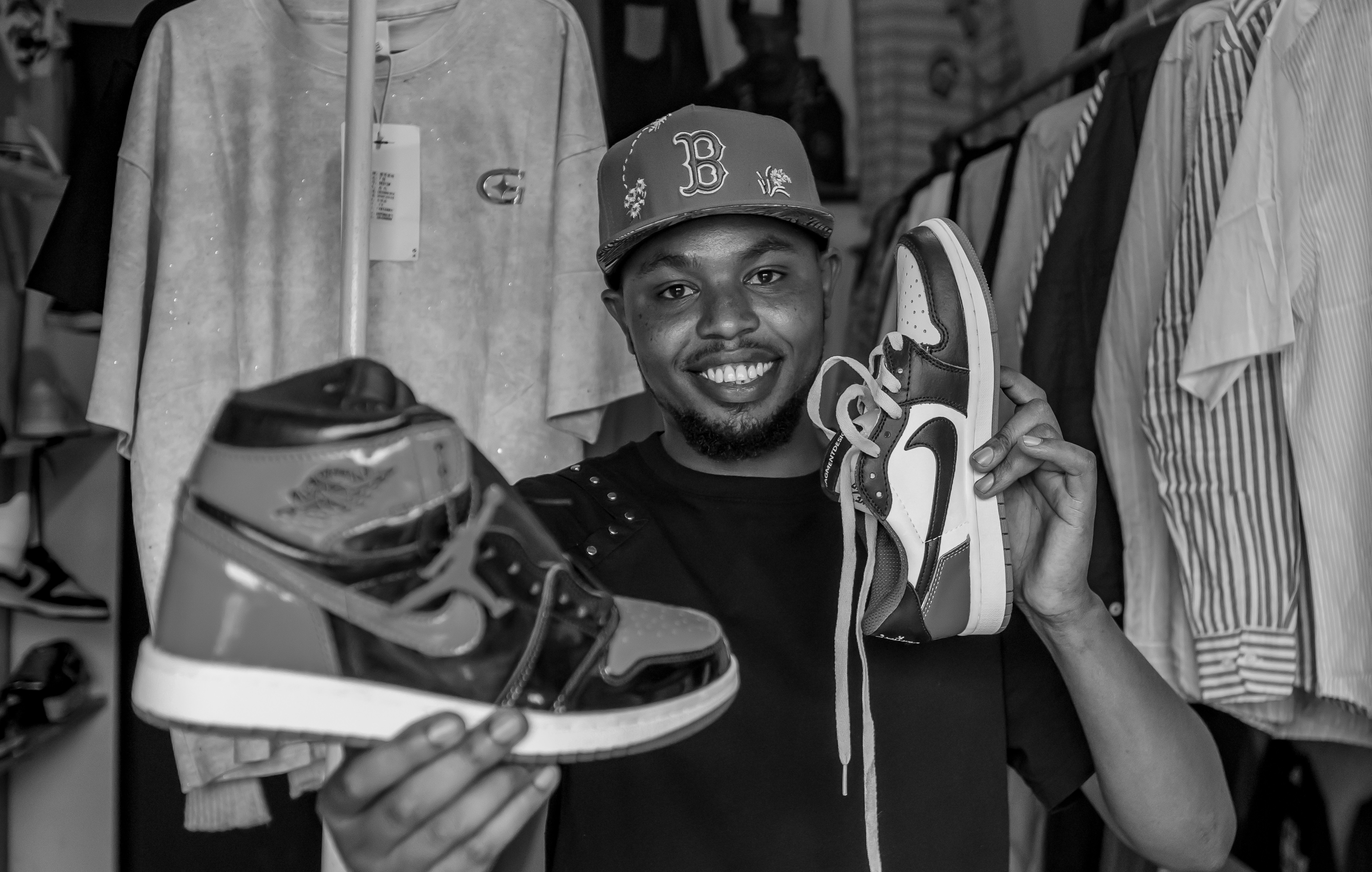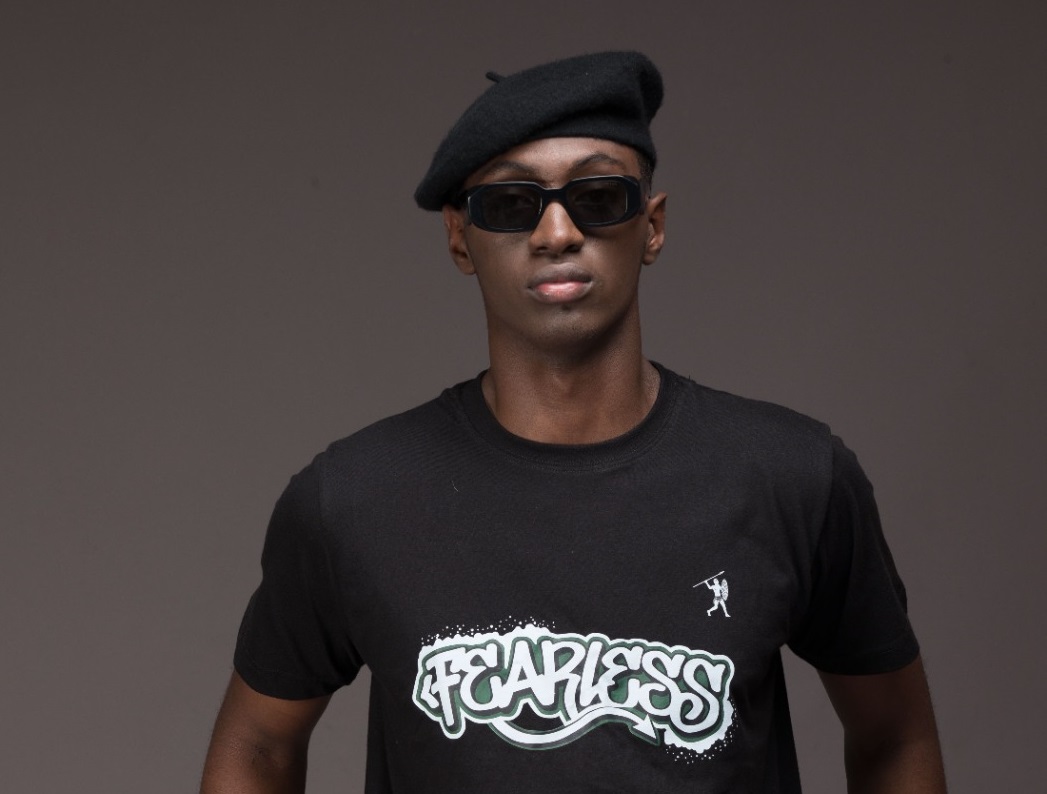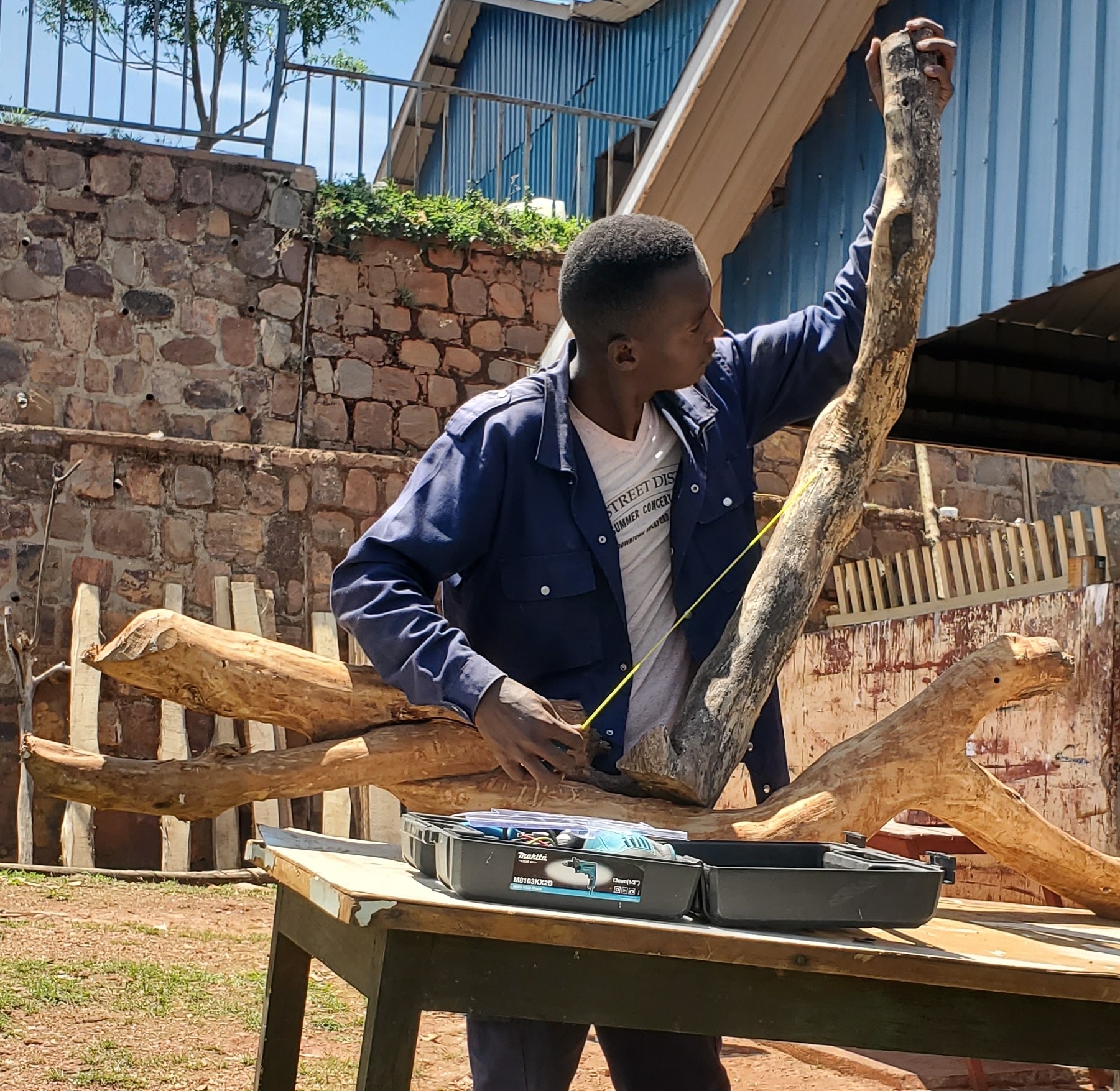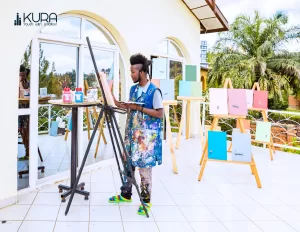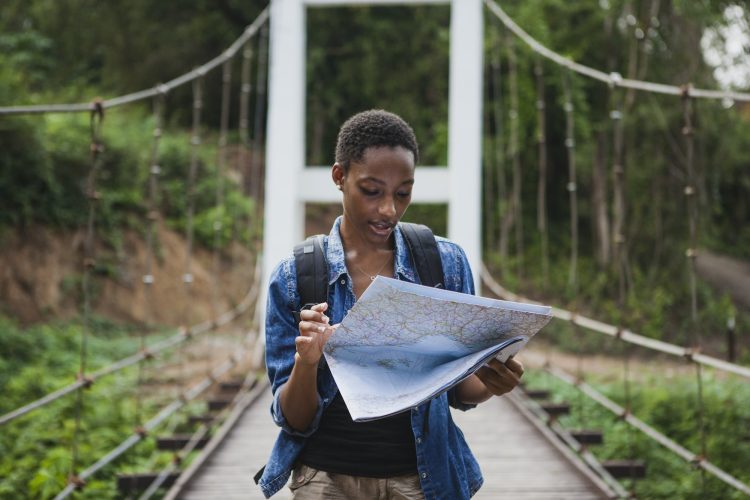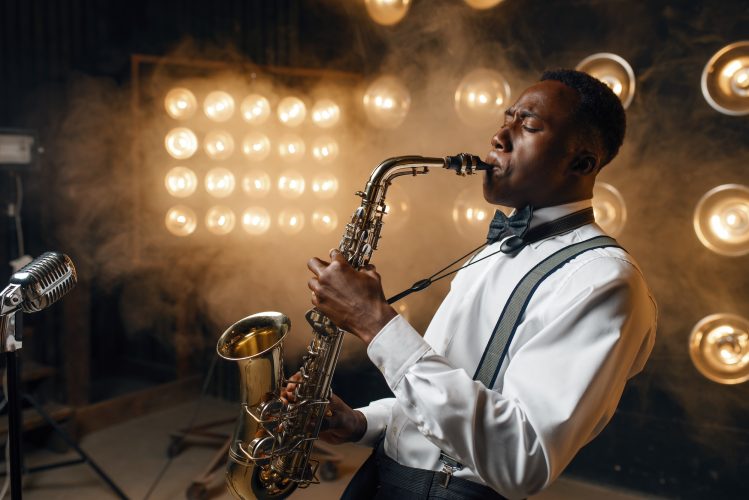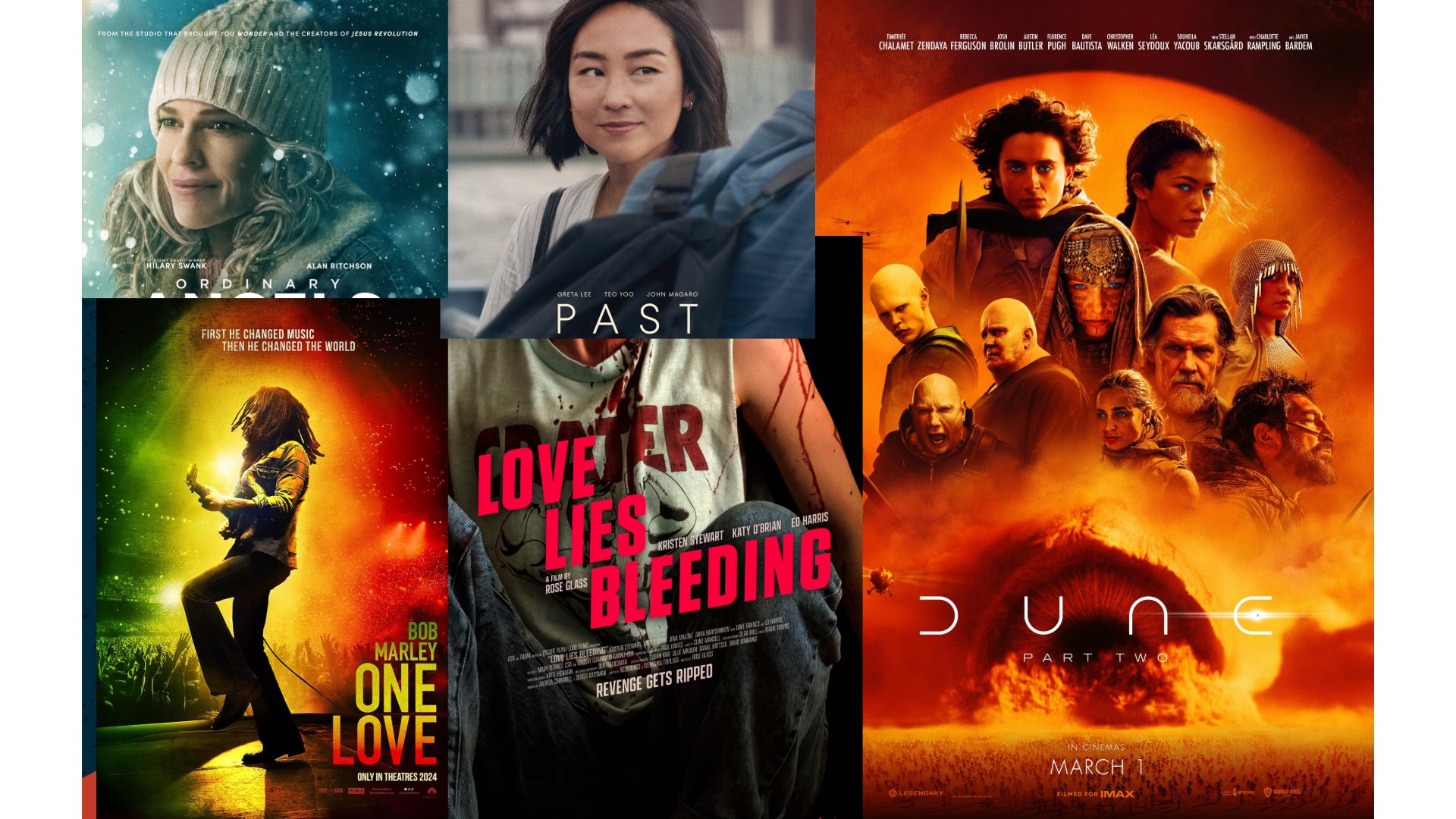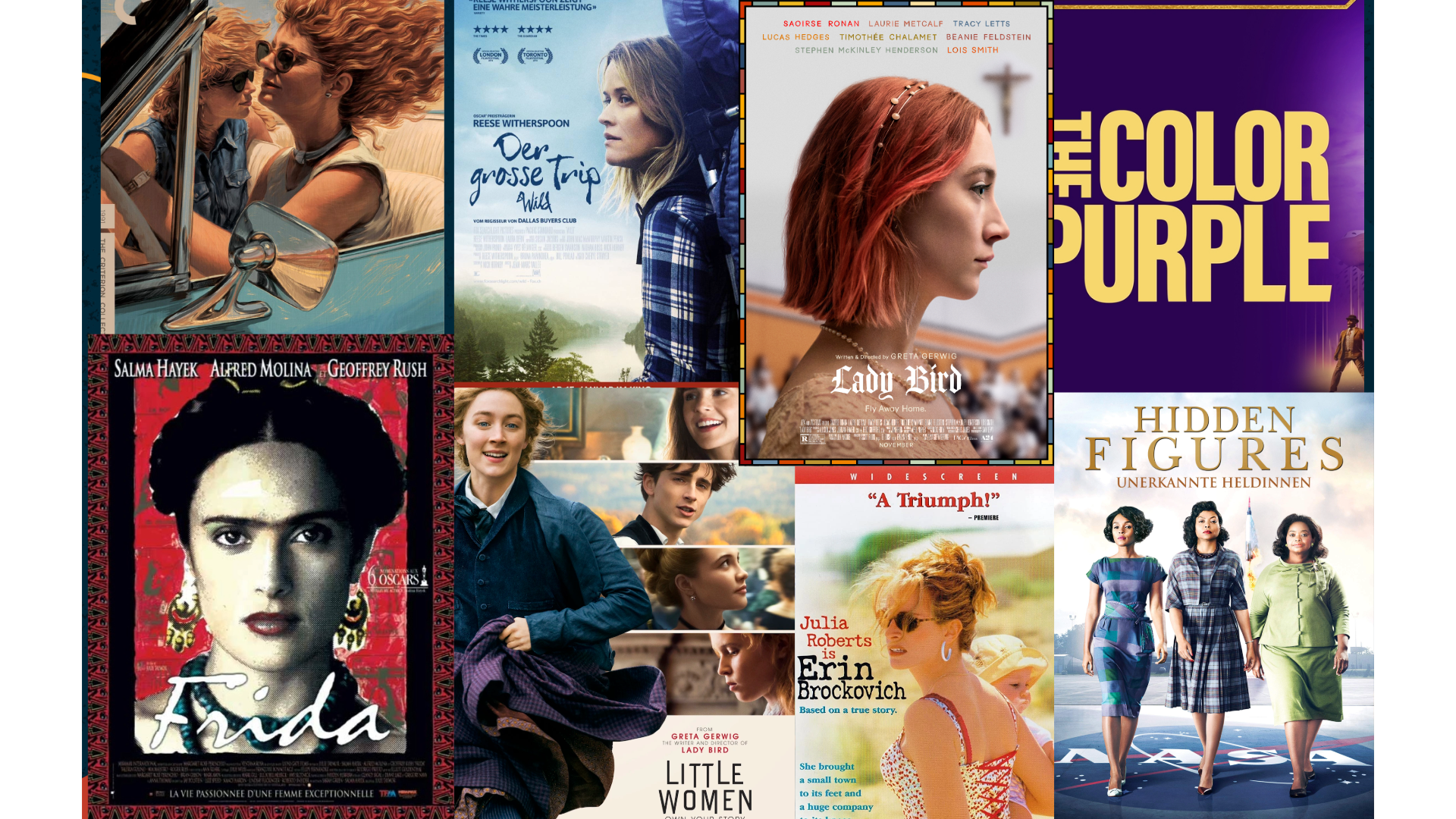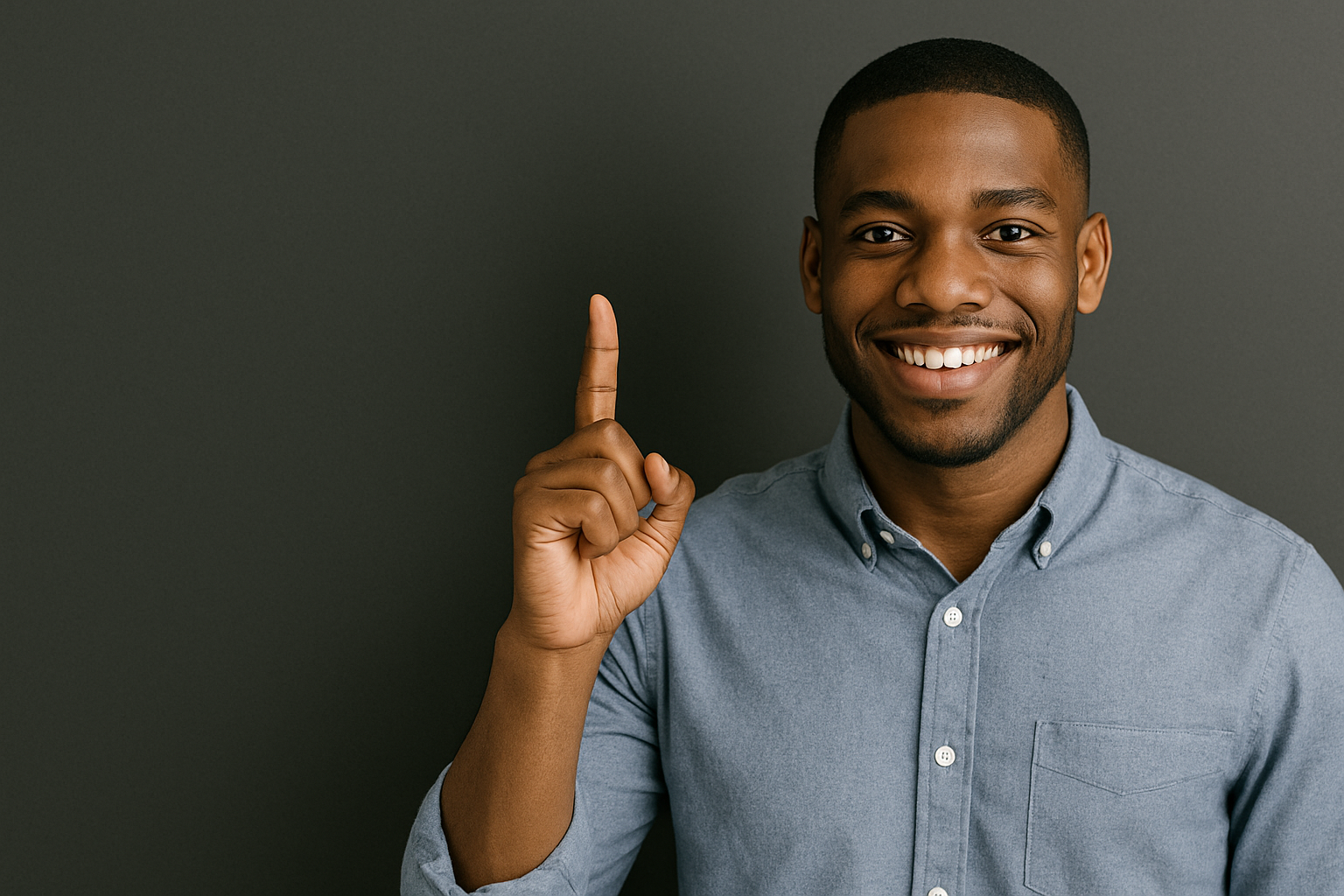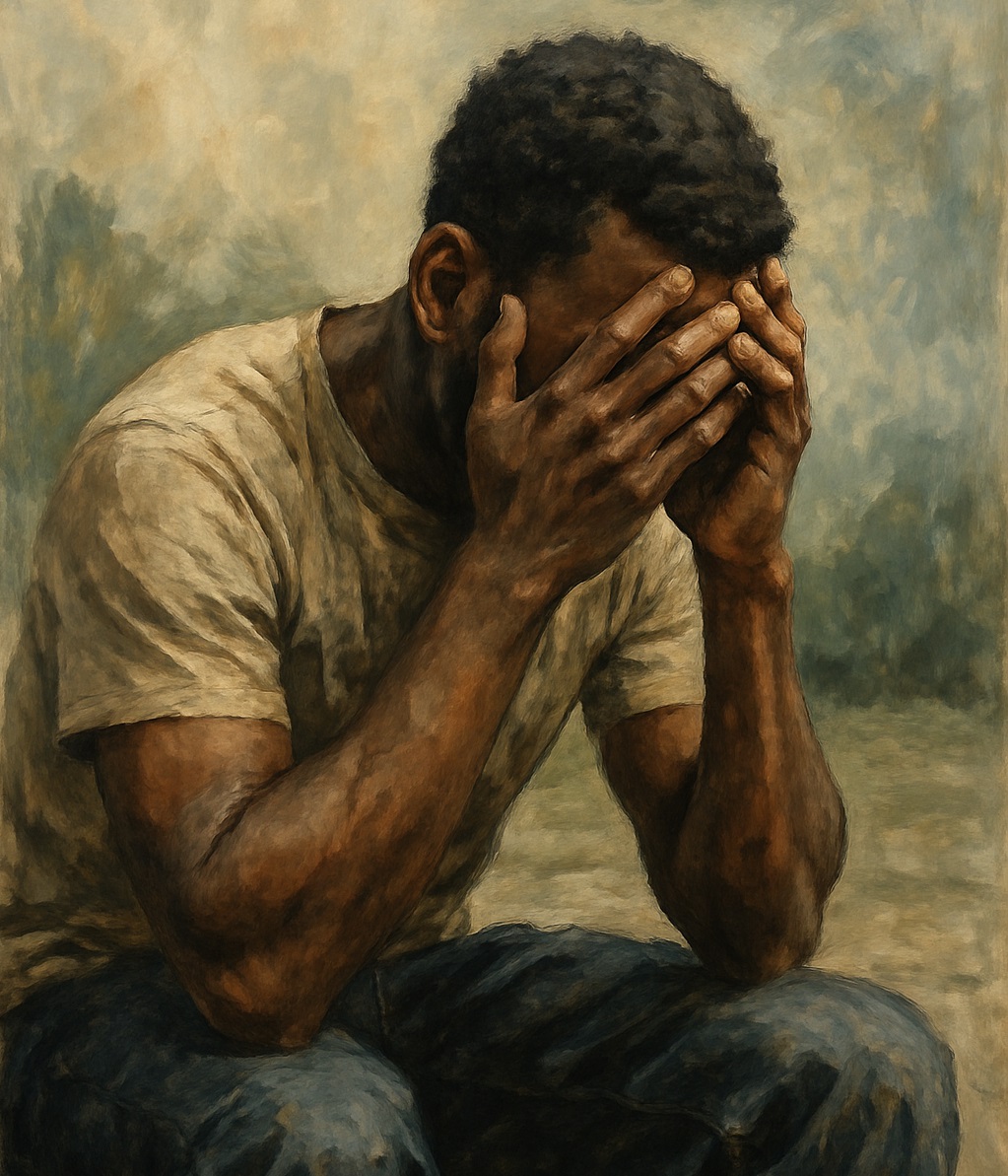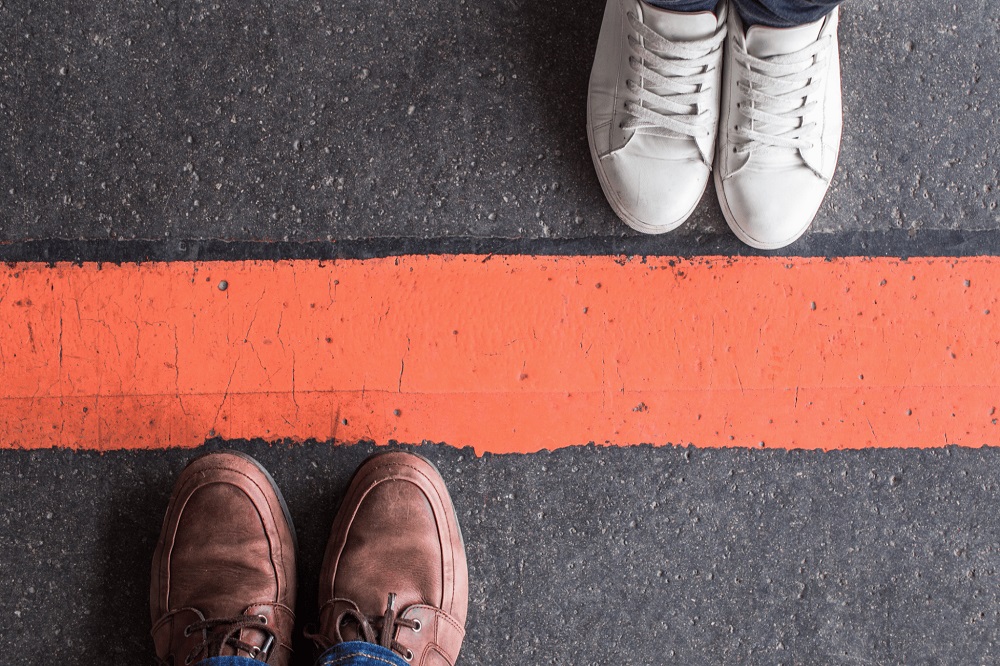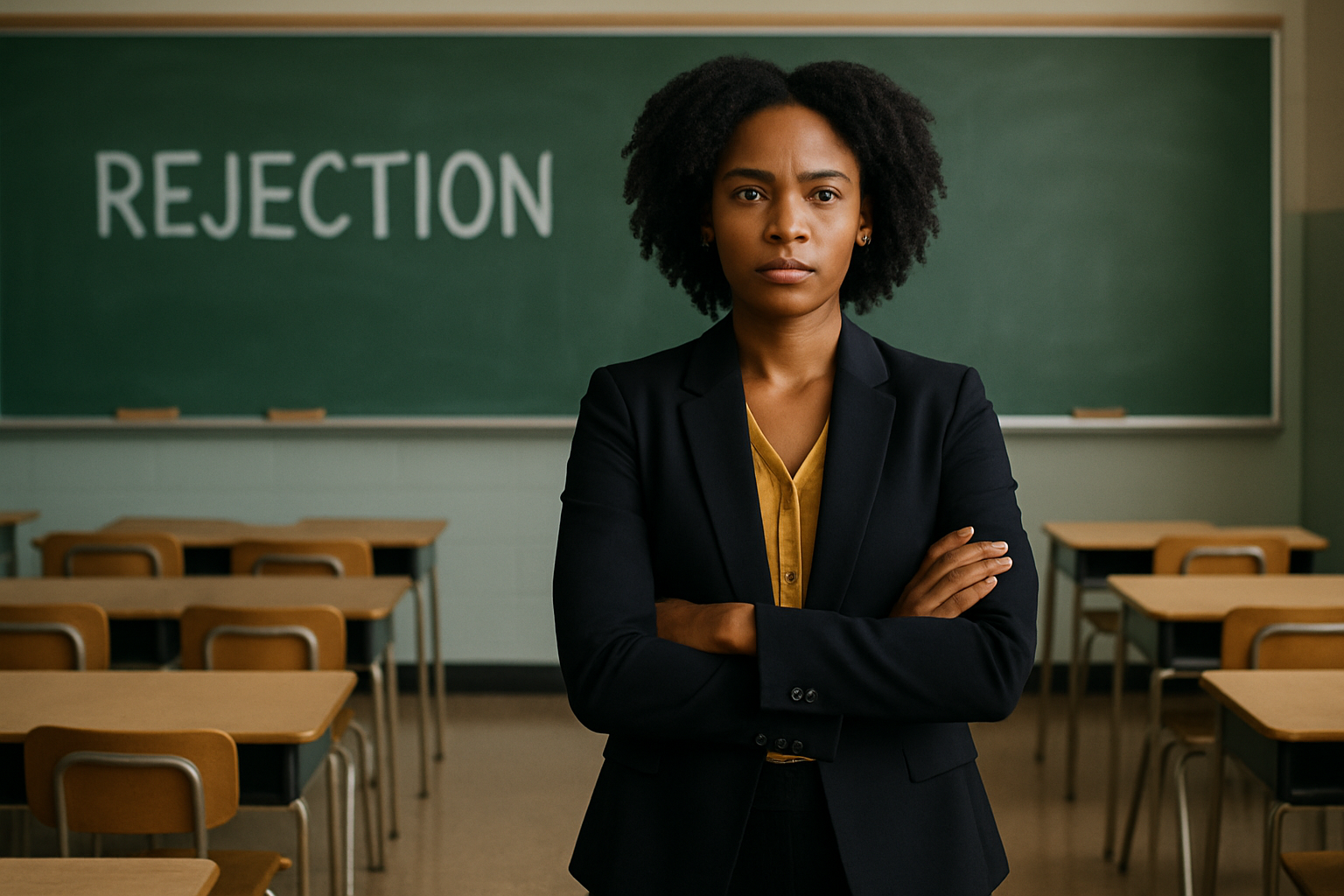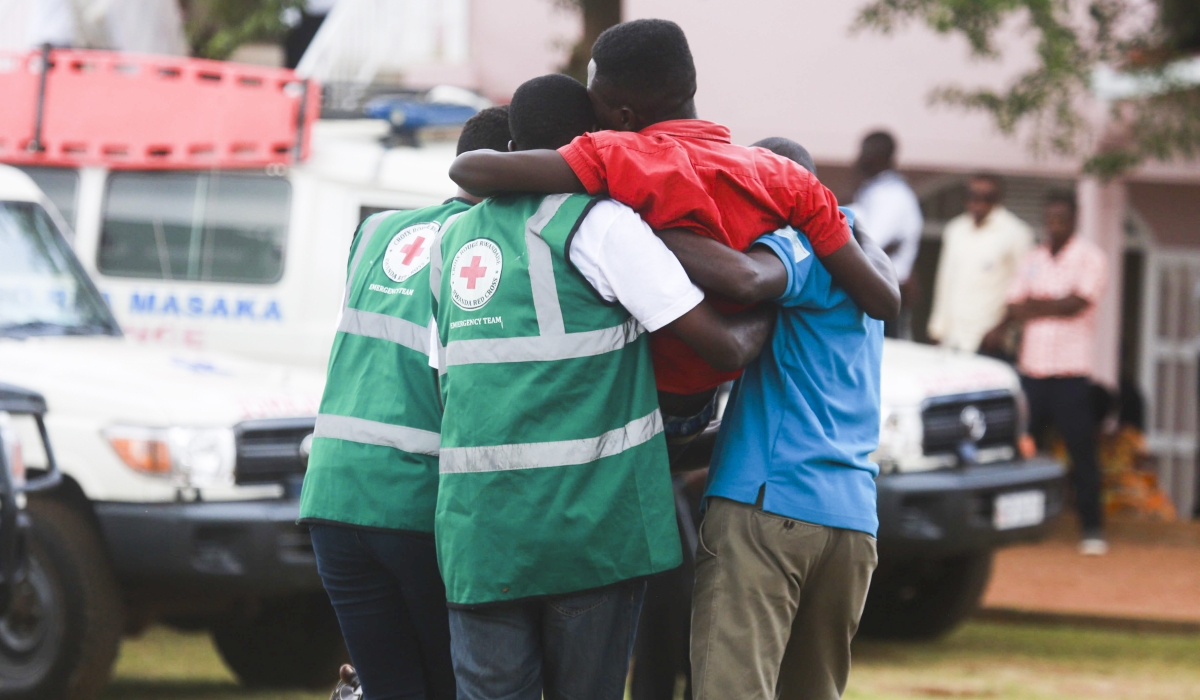Rwandan native Aline Uwimpuhwe, from Rubavu District, founded a tourism company called Africa Wizzy Safaris [Disabilities Safaris], which primarily offers tourism services to people with disabilities, a group often left out of such experiences.
Nothing happens without a cause! At the age of seven, Uwimpuhwe was hit by a car, resulting in a leg disability. This accident happened in 2007 when she was in the 4th grade of primary school, and she was rushed to the hospital. Orphaned at a young age, Uwimpuhwe was cared for by her older sibling and spent three years and six months in the hospital.
Due to inadequate medical treatment, the scar on her injured leg reopened in 2012, revealing bone damage. Doctors had to graft skin from her legs and thighs onto the injured leg. Through the grace of God, she was healed.
Life is not without its challenges. The scar left on Uwimpuhwe’s leg and the unusual way she walked because of the disability caused her to be treated unpleasantly in society. She witnessed people with disabilities being isolated, either due to self-doubt or discrimination. Drawing from her personal experiences, she came up with the idea of addressing this issue.
She began to wonder why people with disabilities did not participate in tourism activities, asking herself if they did not enjoy it like others. She soon realized that they did, but lacked representation or assistance to make it possible for them.
In 2021, she launched this tourism company in Rubavu with the goal of fulfilling the desires of both disabled and non-disabled individuals. Many reached out to her for services.
She explains that while she doesn’t consistently assist the same people with disabilities, the funds generated from the trips can be used to help the underprivileged or support other charitable causes.
Typically, tourism services are consumed by those with financial means. You might wonder, how are disadvantaged people with disabilities helped in this regard?
Uwimpuhwe explains that when they announce a trip, they spread the word through groups that include people with disabilities, allowing each person to see the pricing.
If a person with a disability expresses a desire to visit a place but cannot afford it, they assist based on that person’s ability or even offer a free trip.
Indeed, people with disabilities miss out on many opportunities due to their appearance.
In a conversation with ‘KURA’, Uwimpuhwe shared that she missed many opportunities because of her disability and that she faced a lot of exclusion.
When she applied for an internship to gain work experience, she was accepted, took the test, and passed with flying colors, only to be rejected upon arrival because of her disability.
She said, “People with disabilities are often excluded. I can give an example from my own experience. I always wanted to work in the tourism sector like everyone else, so I applied to a company whose name I won’t mention. Initially, they were eager to meet me because they were impressed with my knowledge.”
She continued, “I was shocked when they didn’t hire me afterward. They told me they cater to high-level clients, ‘VVIP Guests,’ and that they do not allow people with disabilities. That’s when I decided I would start my own company to help people with disabilities access tourism services.”
Although her disability delayed her progress and hindered her dreams, she possesses expertise and knowledge in tourism.
She studied tourism in secondary school, completing her studies by writing a book on the “Contribution of Air Transportation.” After presenting her book successfully, she received a diploma that earned her the opportunity to study aviation at Rwanda Air, focusing on air transportation.
Her expertise enabled her to work with various institutions, including RDB (Rwanda Development Board) and Rwanda Air.
She later gained opportunities through the ‘Commercial Foundation of Women in Business’ and ‘BPN Business Professional Network’, a women’s organization operating in 21 countries across East Africa. She was invited to a one-week event as the youngest participant, where she had a platform to share her ideas and elevate her career.
She also participated in a ‘Youth Connect’ competition for people with disabilities, where her project was well-received. She won second place at the national level and was awarded RWF 3 million to support her business.
She faced many obstacles, but her passion for helping others kept her going.
She explains that she started the company without sufficient entrepreneurial knowledge, and there were times when she felt like giving up. This was compounded by the skepticism of people who didn’t believe that those with disabilities could succeed, causing her to feel discouraged.
Another challenge she encountered was that certain areas were difficult to visit due to the severity of the disabilities of some clients.
She gives an example, saying that for those in wheelchairs, they are carried in stretchers when visiting places where the wheelchairs cannot go, sometimes needing the help of eight people to carry one person.
‘Disabilities Safaris’ caters to people with all kinds of disabilities, including those who are deaf, blind, or have other physical impairments. She collaborates with organizations that support people with disabilities, such as the ‘Ubumwe Community Center’ in Rubavu.
Aline Uwimpuhwe shared her aspirations while reflecting on the legacy of the late artist Ivan Buravan.
She said, “I’ll give an example of my dream. Before Buravan passed away, he created works that celebrated Rwandan culture, which we still remember. I hope that when I’m no longer here, people will think of inclusive tourism for people with disabilities in Rwanda and associate it with me and the tourism sector that I helped create.”
She encourages people with disabilities to embrace themselves and love who they are while also encouraging them to start their own businesses.
“People with disabilities who are struggling because of their condition, I sympathize with you. I ask you to accept yourselves as you are right now, and don’t be afraid of yourselves. If you have something you cannot change, accept it and live with it happily, because continuing to feel pain hinders your progress.”
“There are disabilities you may have encountered later in life or been born with, and none of them were your fault. One wound is not healed by another. If you have dreams, think about the right path to take to achieve them.”
She also advises people with disabilities to start their own businesses: “The advice I would give to young people with disabilities about entrepreneurship is to have confidence, because opportunities are open, take advantage of different chances, and love yourselves.”
She reminded those without disabilities to embrace those who do.
“Be close to them, comfort them, and give them support so they too can feel like everyone else.”




